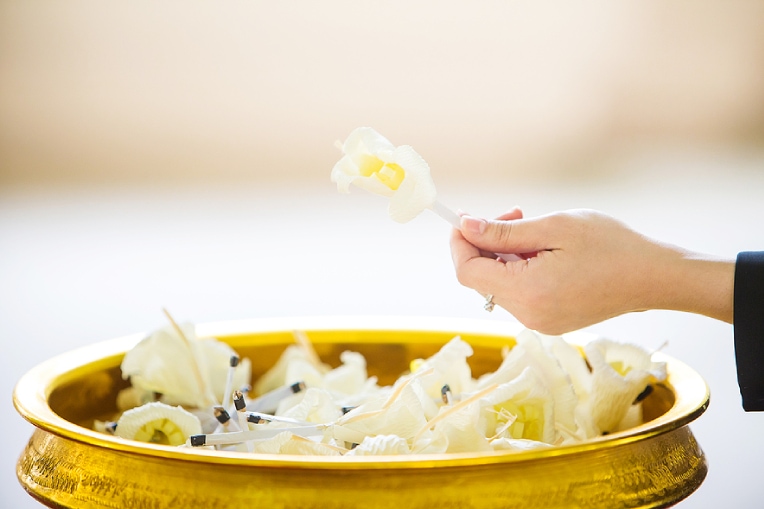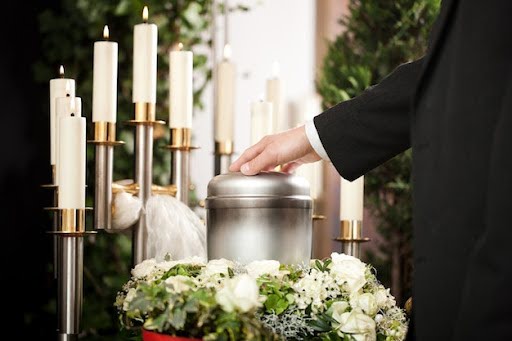
As with any other type of funerals, Chinese funerals are ceremonies where loved ones and friends bid their final goodbyes to the dearly departed – and more. In addition to being a display of respect and honour for the deceased, it’s a ceremony steeped in solemn beauty and tradition that have spanned for centuries. Chinese funerals carry unique rituals, customs and beliefs that reflect their specific philosophies.
Despite their little nuances, there are a few similarities that tie them together, especially when it comes to its planning and preparation. To know the important and common steps of providing the final rites to your deceased, read on below.
1. Pick out a funeral home
The first thing that needs to be done when planning for a funeral is to choose a funeral home that offers the type of services you need. You can either opt for these services as they are or opt for funeral packages to cover more ground.
Whichever you wish to go about it, you’ll want to ensure that you do your due diligence and understand what these funeral providers can and cannot offer. Ensure that the service provided aligns with your traditions and customs, and be sure to compare it with other funeral homes before you settle with one. After all, the chosen funeral home will be the one responsible for taking care of your deceased, so you want to make sure you choose the best one.
2. Decide on what happens to the deceased’s body
After settling on a funeral service provider, the next step is to choose if the deceased will be buried or cremated. Funeral directors will typically prioritise the deceased’s wishes on this matter, but if not specified, the family will have to decide.
3. Planning the service itself
The next step is to decide on the funeral package that fits your needs and budget. After selecting a package, funeral directors will then prepare and handle everything from start to finish.
The process typically involves making concrete arrangements for visitation, service and casket specifics, to name a few. Such specificities are often dependent on one’s culture and tradition. For instance, the coordination of memorial ceremony and funeral services for a Buddhist funeral will often include Buddhist prayer service, a vegetarian food offering, joss praying items and more. In comparison, Christian funerals will not include the aforementioned procession services.
If you’re not quite sure what is required during the funeral, your funeral directors will help you.
4. Writing an obituary and sending out invitations
On a more personal note, you and your family members may look into writing an obituary to notify the public of your loved one’s passing. Often than not, it comes with a brief biography where you can include their personality, accomplishments and the like. For those dear to the deceased, you can prepare and send out invitations to offer them a chance to pay their respects and say their final words.
Conclusion
Funerals are a way to preserve the memory of deceased family members. Chinese funeral services, in particular, are filled with rich traditions and customs that aid and prepare their loved ones for their next journey.
If you’re looking to arrange a Chinese funeral but don’t know much of proper customs and etiquette for your kind of service, then we’re here to help. At Ang Brothers Funeral Services, we offer funeral services that cater to various religions and traditional customs. Let us be the ones to guide and support you and your family during this challenging time.


